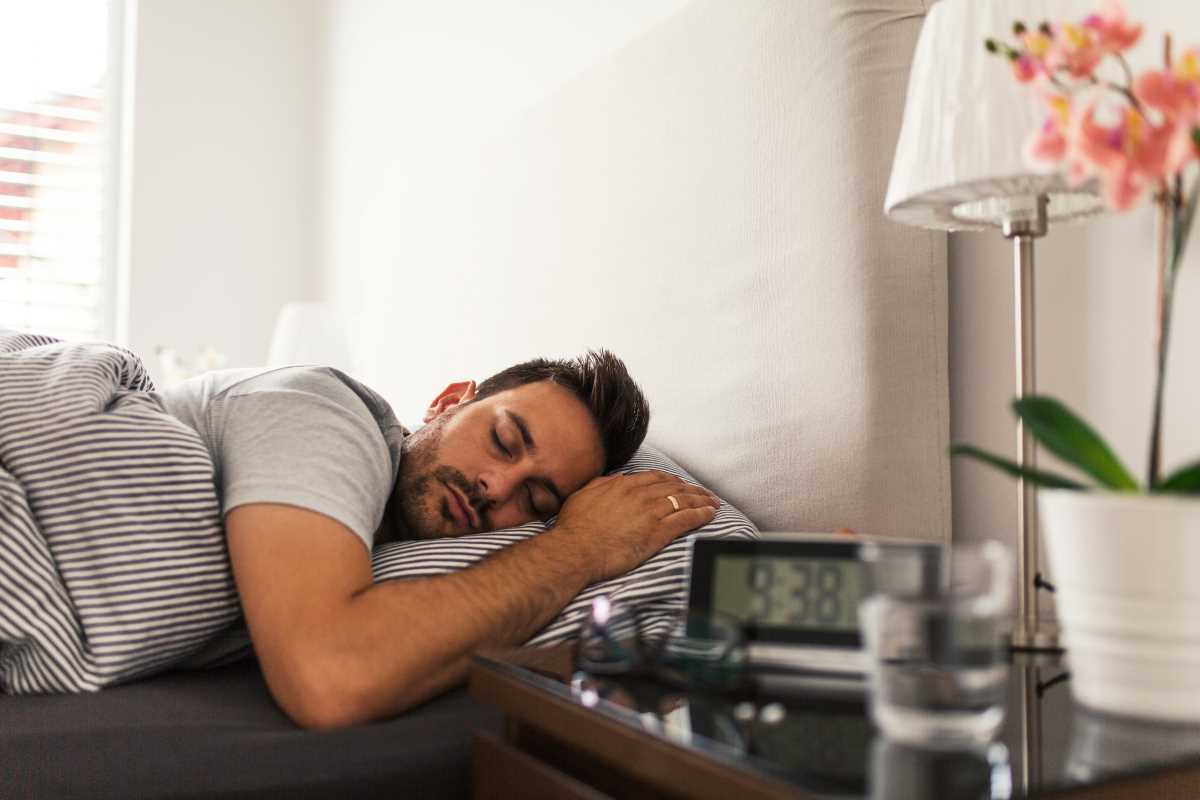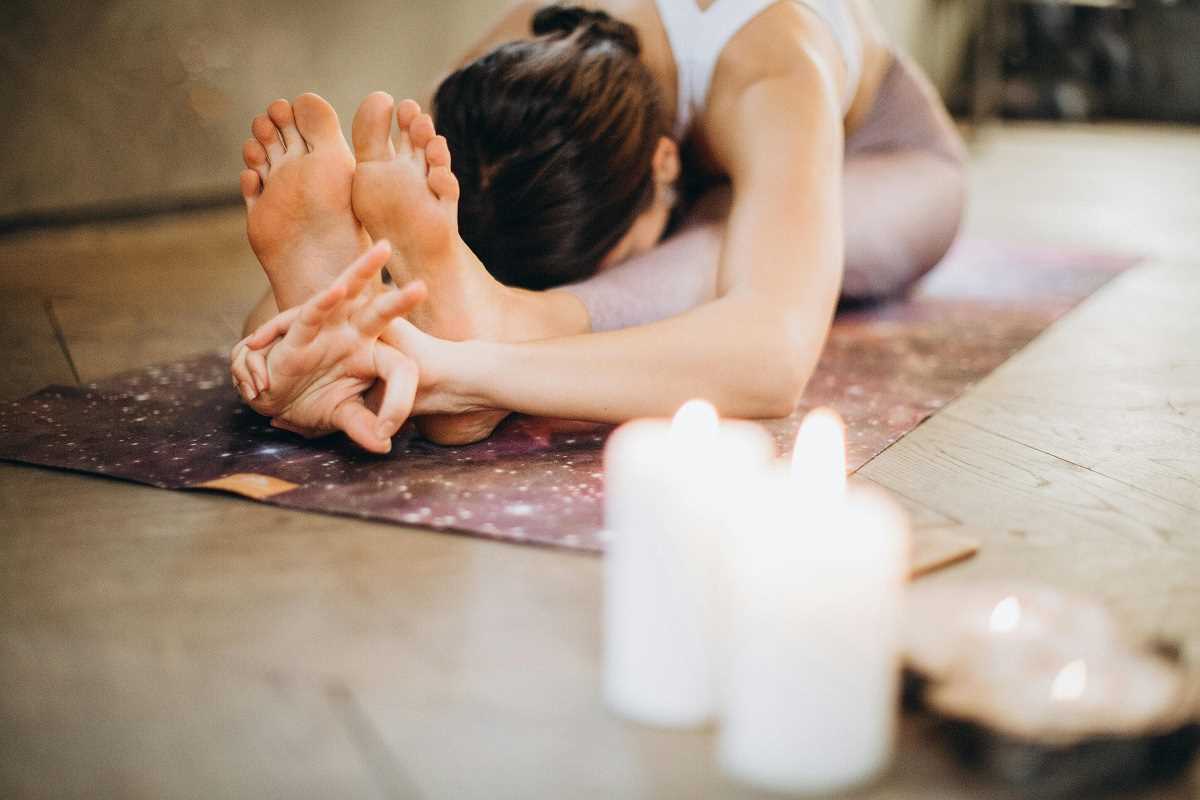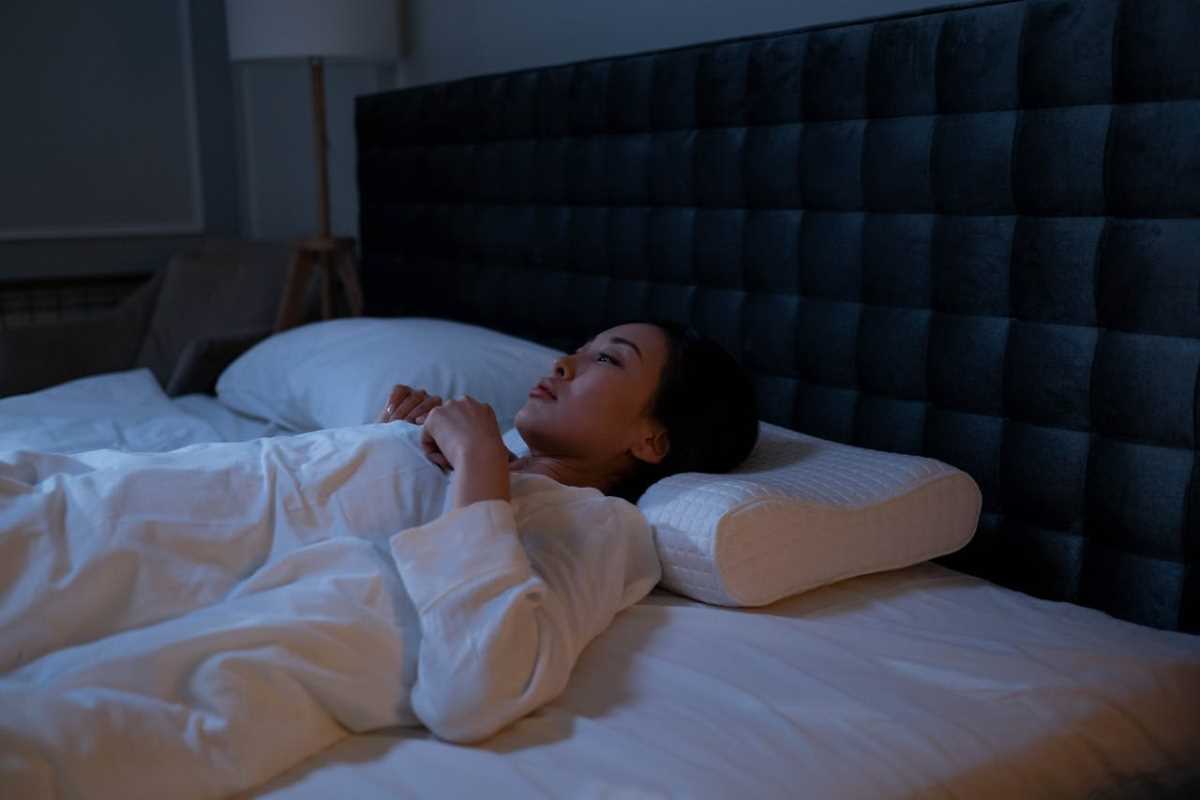We’ve all had those nights where sleep feels more like a pipe dream than a reality. Tossing, turning, and watching the clock tick closer to morning can leave you feeling less than stellar the next day. But the good news? Sleep hygiene, which is a fancy way of saying “how you set yourself up for sleeping success,” can make all the difference. And science is here to back that up.
Recent research has shed light on some really effective techniques to help you snooze better and wake up refreshed. These studies show that small tweaks to your habits and environment can have a major impact on your sleep quality. If you’re looking to catch more Z’s and feel your best, it’s time to explore these sleep hygiene tips backed by research.
Stick to a Consistent Routine
It turns out your body loves a schedule. Research has shown that going to bed and waking up at the same time every day helps to regulate your circadian rhythm, which is your internal clock that helps you feel sleepy at night and alert in the morning. Regular sleep patterns ensure your body knows when it’s time to wind down, making it easier to fall and stay asleep.
A 2017 study published in the journal Scientific Reports found that people with irregular sleep schedules were more likely to feel tired during the day. The key takeaway? Even on weekends, try to keep your bedtime and wake-up time consistent. The occasional late night is okay, but making routine the rule rather than the exception can work wonders for your sleep health.
Limit Exposure to Screens Before Bed
We all know that staring at a screen before bed isn’t the best idea, but exactly why is that? Blue light emitted from phones, laptops, and TVs can interfere with your body’s production of melatonin, a hormone critical to helping you fall asleep. When melatonin levels stay low due to all that light exposure, your brain has a harder time sending you into dreamland.
Recent studies reinforce this concept. Research published in 2021 in Sleep Medicine Reviews suggested that reducing screen time an hour or two before bed has a significant impact on both how quickly you fall asleep and the quality of your rest. Instead of scrolling through social media or binge-watching your favorite show, try swapping screen time for a calming activity like reading or journaling.
Create a Sleep-Friendly Environment
A cluttered or chaotic sleep space can seriously interfere with your ability to relax. Research in environmental psychology suggests that your bedroom setup has a tangible effect on your sleep quality. Cool, dark, and quiet spaces are shown to be most conducive to restful nights.
Temperature, in particular, plays a big role. Your body needs to drop a degree or two to fall asleep, which is why many sleep experts recommend keeping your bedroom temperature between 60-67°F. A study from 2018 in Sleep Science confirmed that cooler temperatures are linked to longer and deeper sleep.
Noise, too, can disrupt sleep. If you live in a noisy area or share your space with others, white noise machines or even a fan can help drown out distractions. On top of that, blackout curtains can block outside light, giving you a darker, more restful space.
Rethink Caffeine and Alcohol
The afternoon coffee run might seem harmless, but caffeine can stick around in your system longer than you’d think. Research from the Journal of Clinical Sleep Medicine in 2013 found that caffeine consumed even six hours before bedtime could reduce total sleep time significantly. If you’re a coffee lover, try to stick to morning cups and avoid caffeine in the late afternoon and evening.
Alcohol can be equally tricky. While a glass of wine might make you feel drowsy, studies show it can actually disrupt your sleep cycles. A 2018 study in Nature and Science of Sleep found that alcohol consumption before bed led to poorer quality sleep, with more frequent wake-ups throughout the night. Opting for water or herbal tea in the evening could give your body a better chance to fully rest and recover.
Prioritize Daytime Exercise
Staying active during the day does more than boost your energy levels; it can also help you sleep better at night. Research consistently shows a positive link between regular physical activity and improved sleep quality. One study from 2020 in the journal Sleep Health found that people who engage in moderate exercise for at least 150 minutes per week fall asleep faster and wake up feeling more refreshed.
Ideally, get your sweat on earlier in the day. Morning or early afternoon workouts tend to be best because intense activity right before bed can sometimes have the opposite effect and leave you feeling wired. Even a quick 20-minute walk or yoga session can help regulate your body’s sleep-wake cycle and encourage deeper, more restorative sleep.
Manage Stress Before Bed
If your mind races as soon as your head hits the pillow, you’re not alone. Stress and anxiety are major culprits behind those sleepless nights. Fortunately, research points toward mindfulness practices as an effective way to calm your mind and prepare for rest.
Meditation and deep breathing exercises in the evening have been shown to reduce stress, lower heart rate, and promote relaxation. A 2019 study in the Journal of Behavioral Medicine highlighted the benefits of mindfulness meditation for improving insomnia symptoms. Similarly, light stretching or progressive muscle relaxation before bed can help release physical tension and set the stage for better sleep.
Another tip is to be mindful of your thoughts. If you’re prone to lying awake worrying, writing down your concerns in a journal might be helpful. This helps you externalize those thoughts and create mental breathing space, making it easier for your brain to shift into sleep mode.
Small changes can add up to big results, and by incorporating recent research into your nightly routine, you’ll be well on your way to better sleep and better health.







